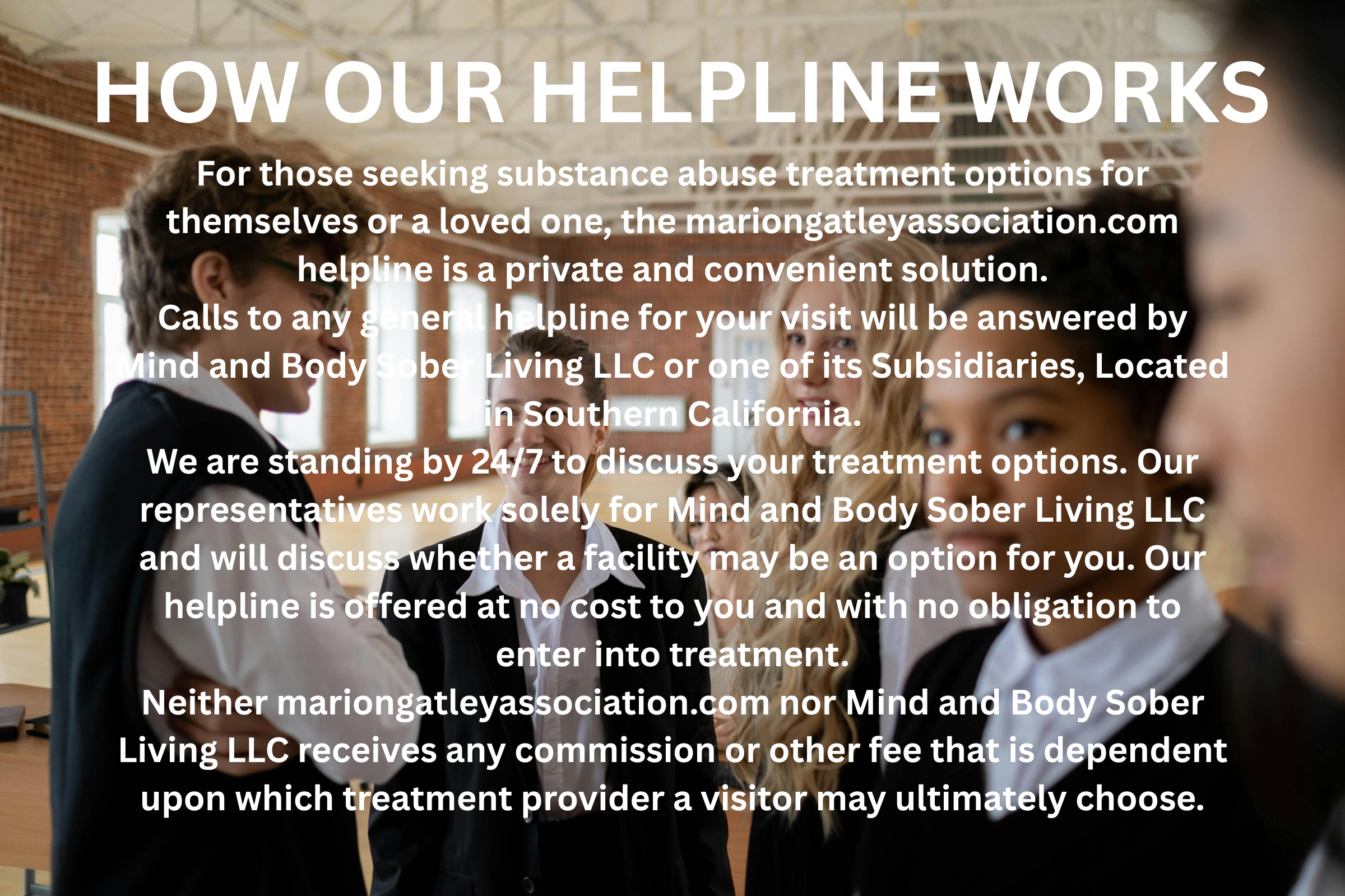Nobody wants to come to the awful realization that their spouse might be using drugs. However, in some cases it is possible that stress, anxiety, mental disorders, or any number of other circumstances can lead a loved one into a life of addiction. Regardless how a loved one started using, it can be difficult to know what to do about it. What do you say? Where do you turn? What do you do?
Before you approach your loved one, take some time to attain peace of mind yourself. Try to approach the situation full of compassion and love for your spouse. Addiction is an illness, and your goal is for your loved one to get help.
Do some research on drugs, rehab clinics, and programs. This way, you have options in mind before confronting your spouse so that you can offer sound advice and solutions to the issue.
When you approach your loved one, they may feel threatened or cornered. Your spouse may feel defensive and lash out with anger. Prepare yourself beforehand for a harsh reaction. Ensure that you approach them with compassion, concern, and love, free of judgment or anger. Use “I” statements to explain your concerns and fears, and ask them directly if they have been using drugs.
Present a plan of action. Use statements like “we can fight this together,” “we can overcome this,” and “we will find a solution.” These types of statements can help your spouse know that you’re on their side and that they don’t have to fight this alone.
Find a drug rehab clinic in your area, or get your spouse into a substance abuse recovery program. An addiction recovery facility can help your spouse learn tools to help them deal with cravings in a healthy way. Rehab programs can also help your spouse discover the underlying reasons behind their addiction. Therapy will help them develop healthy coping mechanisms for negative emotions, memories, or experiences in their lives that may be causing them the urge to use.
People who are caught in the web of substance abuse need strong support systems to recover. They may be feeling frightened, angry, depressed, anxious, or experiencing challenges they have yet to face fully. They need their loved ones around them, to be patient with them, and to encourage them as they recover.
If possible, seek out a therapist with your spouse. A counselor or therapist can help you navigate this challenging recovery process, and help you both feel supported. A counselor can also help the two of you work out plans to avoid drug use, and recognize triggers that spark cravings. They can help you navigate feelings of fear, anger, sadness, and confusion during the recovery process to help keep your marriage strong during the challenges that you will both face.
Addiction is a problem nobody wants to face. However, with proper counseling, and by utilizing addiction recovery resources, this challenge doesn’t have to ruin your life or the life of your spouse. Together, you can fight for full recovery and healing. Right now, your spouse needs you more than ever. Unfortunately, substance abuse can have a heartbreaking impact on how a person might interact with the people they love most. This may very well be the hardest time in your marriage to be there for your spouse, but they need you. Together, you can beat this.
When your spouse is prepared to enter a drug abuse treatment facilities, consider one of the trusted clinics in the Intervention Drug Rehab network. Let us provide you and your spouse with the necessary tools to overcome addiction.



